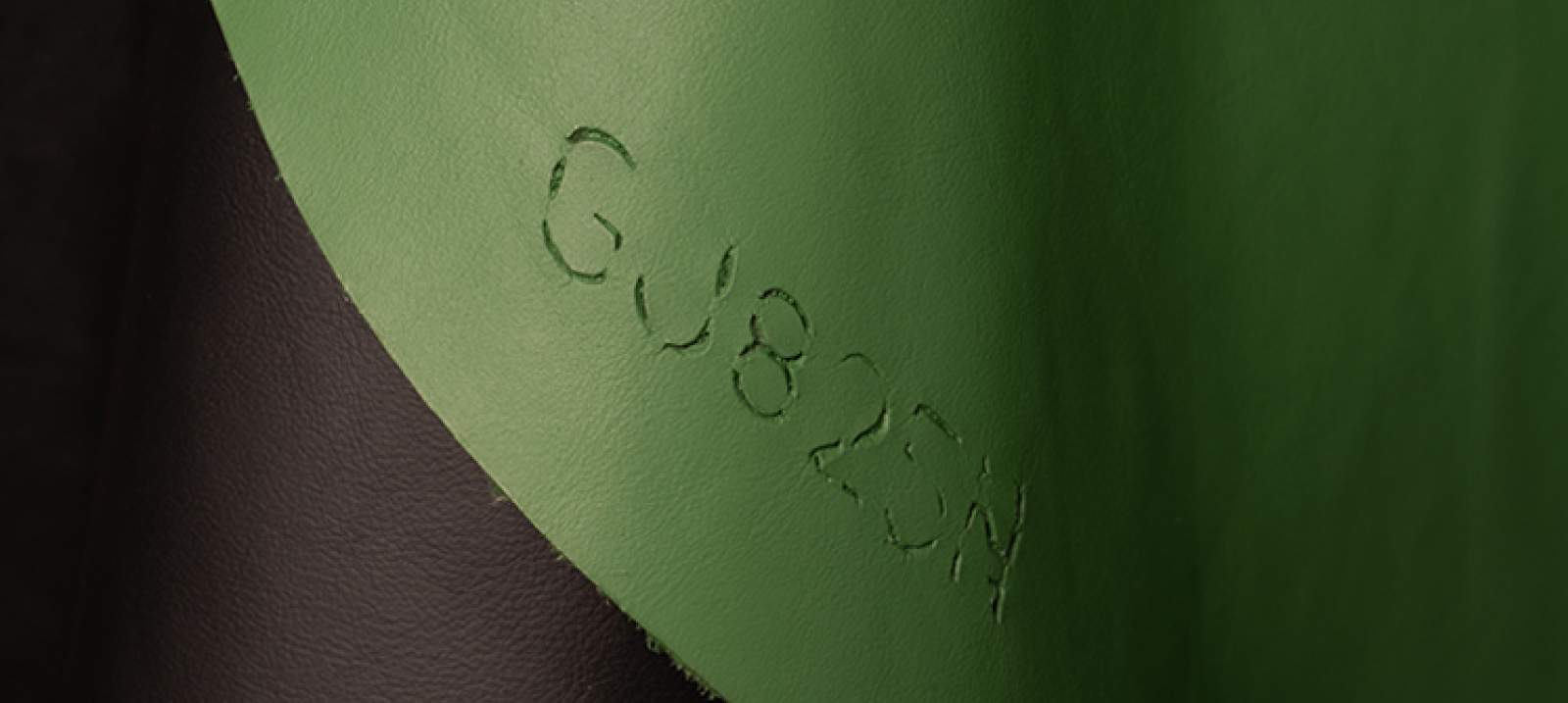
Bridge of Weir calls for transparency on interior material sustainability claims
The automotive industry has been built on innovation with vehicle manufacturers relentlessly seeking and developing new technologies. Today’s move away from combustion engines to zero-emission vehicles is the biggest change in the motoring landscape since it began – and with it comes a paradigm shift that aligns with the zeitgeist of how brands and consumers alike think about sustainability and their impact on the environment.
At Bridge of Weir, we take a huge amount of pride in creating the world’s most luxurious, lowest carbon leather and offering our customers 100% transparency and traceability of raw hides with an independently verified Life Cycle Analysis of 8kg CO₂e/m². This enables our customers to make a quantifiable carbon reduction on vehicle interiors and helps reduce their own carbon impact on the planet.
Customers and, ultimately, consumers want to make the best choice of interior materials. For some, that can potentially include animal-free materials, however, informed decisions can only be made if all suppliers offer full disclosure. There has recently been a wave of new synthetic materials which make bold claims about their superiority over sustainable leather in terms of environmental impact and performance. Sadly, the lack of transparency is causing confusion regarding material composition and performance and is greenwashing by omission.
The recent exposé on fast-fashion retailer H&M following a complaint by the Norwegian Consumer Authority shows how a company’s environmental promise can be undermined by portraying products as being better for the environment than they are.
What do leather alternatives consist of?
The term ‘vegan leather’ has become a popular marketing buzzword, leading consumers to believe materials made from plant-based materials such as pineapples, mushrooms, cacti, etc, perform better and are more sustainable than genuine leather – but this is rarely accurate. According to Ecocult ‘companies in this space tend to promote their cruelty-free and vegan credentials; however, these terms don’t actually denote sustainability.’
Some ‘vegan leathers’ might not contain animal products, but they have been found to contain petrochemicals and forms of plastic.
In 2021, a report by the Filk Frieberg Institute uncovered the presence of toxic chemicals and plastics in a range of leather alternative materials.
An independent survey* of 2000 UK consumers found that:
'when it comes to ‘vegan leather’ there was an alarming level of confusion - over half (54%) of respondents were not aware of the composition of this material and in that regard, 74% agreed that ‘it should be easy to see what I am buying and that labelling should not be misleading.’
The market has also seen the introduction of materials made from recycled plastics. These products often require new virgin plastic material to be made to create them, which, combined with the fact they cannot be recycled, introduces another environmental problem rather than solving one.
How does performance compare?
Due to the nascent nature of such materials, prospective buyers are likely to be unaware of how well they perform or how durable they are. Sustainable leather repurposes a natural waste product from another industry. It is the ultimate form of upcycling, creating a product that is superior in comfort, durability, and performance. The Filk Report included a series of tests to assess the comfort and performance of leather versus various alternatives and concluded that:
‘For technical use, leather shows the most comprehensive behaviour for universal criteria, i.e. the best values for most parameters'
In addition, because synthetics cannot match genuine leathers’ durability and performance, they have to be replaced more frequently, creating further unrecyclable landfill. While some brands are considering moving away from sustainable leather the irony is, if it were invented today, it would be considered groundbreaking.